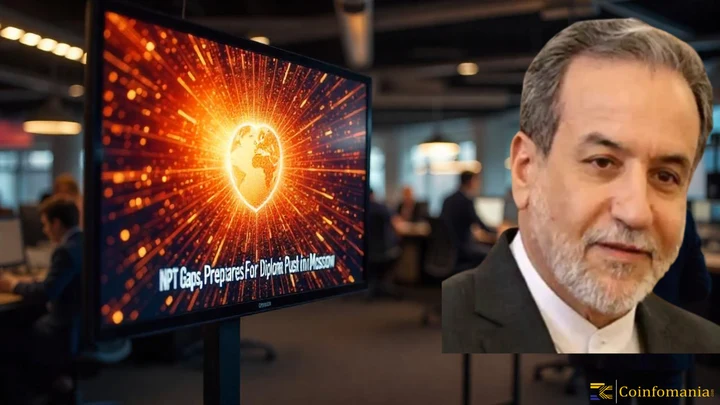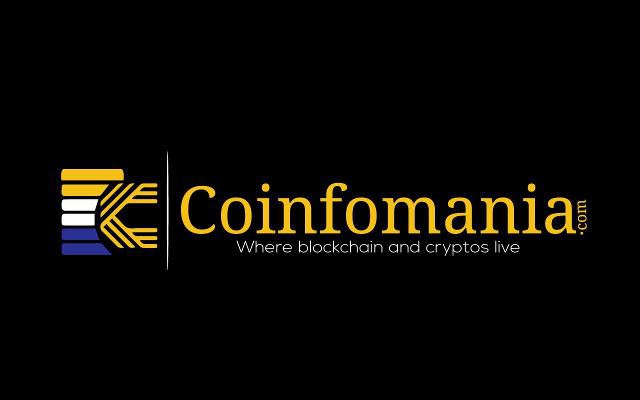Iranian FM Blames NPT Gaps, Prepares for Diplomatic Push in Moscow
0
0

As of June 22 in Tehran, Iranian Foreign Minister Abbas Araghchi sharply criticized the global non-proliferation regime in a televised statement. According to him, the Non-Proliferation Treaty (NPT) has not shielded Iran despite the country continuing to adhere to it as a peaceful nuclear power. His comments followed the U.S. bombing of Iranian nuclear installations that sparked off a new wave of tension in the Middle East. Araghchi also criticized the contribution of Israel, using the remarks of German Chancellor Olaf Scholz about the Israeli activities being a dirty job. The minister has blamed the West for double standards and pointed out that nations that are engaged in peaceful nuclear energy are at the mercy of others. His voice not only shows a geopolitical frustration but also demonstrates the financial cost of Iran distancing itself from international systems.
Moscow Meeting Looms as Strategic Turning Point
Looking ahead, Araghchi confirmed that he will visit Moscow to meet with the Russian President, Vladimir Putin, on June 23. He stated during his speech outside of Tehran that the purpose of the visit is to renew regional partnerships and combat what he called unwarranted U.S. aggression. This summit, which is a reaction of Iran to the U.S. attacks and to the NPT issues, will become a rather intentional shift in the Russian relations. It is likely to include energy security, cooperation in the military, and the removal of sanctions at the top of the agenda.
As the Moscow visit is planned to take place on June 23, Iran has come to a high crisis in its diplomatic crisis. When criticizing recent moves, Araghchi did not rule out the resumption of negotiations. However, he warned that it is possible only in the case of mutual respect and enforceable practices of de-escalation. The world leaders should balance the chance of the worsening of the situation with the advantages of the diplomatic solution to the Iranian response to the U.S. attacks and the issues of the NPT.
Economic Repercussions Demand Urgent Global Attention
Also from Tehran, senior Iranian economic advisors warned on Sunday that the financial implications of the escalating conflict are spreading quickly. Iran’s restricted access to global financial systems, combined with elevated oil prices and disrupted exports, paints a dire economic picture. Araghchi reiterated that Iran’s response to U.S. strikes and NPT concerns is as much about survival in a strained global economy as it is about national security. Foreign investors are withdrawing or pausing engagement with Iranian markets due to secondary sanctions. The volatility in the Strait of Hormuz threatens to send global energy prices soaring. Iran’s strengthening ties with Russia and China may indicate a long-term realignment of trade routes and capital flows.
What’s Next: Strategic Calculus or Diplomatic Opening?
As the Moscow visit is planned to take place on June 23, Iran has come to a high crisis in its diplomatic crisis. When criticizing recent moves, Araghchi did not rule out the resumption of negotiations, although he warned that it is possible only in the case of mutual respect and enforceable practices of de-escalation. The world leaders should balance the chance of the worsening of the situation with the advantages of the diplomatic solution to the Iranian response to the U.S. attacks and the issues of the NPT. The financial implications for oil markets, global security, and investment flows are immense. Whether Moscow becomes the stage for new coalitions or cautious backchannel diplomacy, this moment could reshape not only regional security but the broader international order.
The post Iranian FM Blames NPT Gaps, Prepares for Diplomatic Push in Moscow appeared first on Coinfomania.
0
0
 Manage all your crypto, NFT and DeFi from one place
Manage all your crypto, NFT and DeFi from one placeSecurely connect the portfolio you’re using to start.




